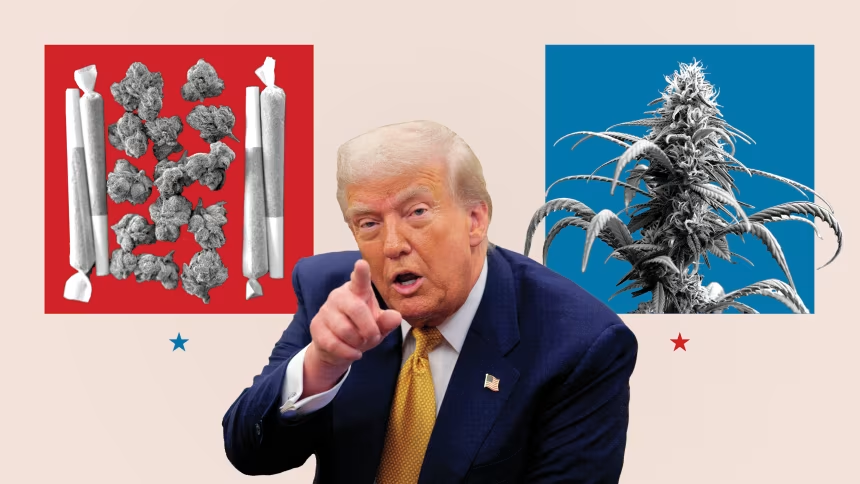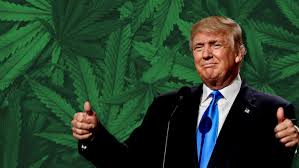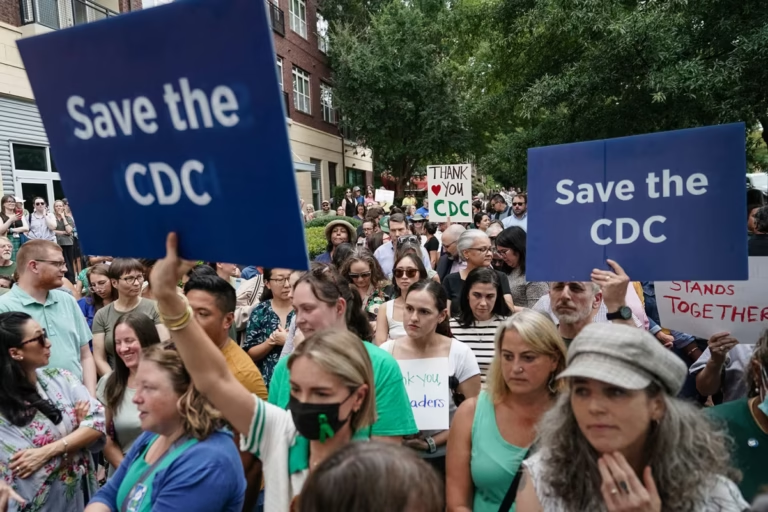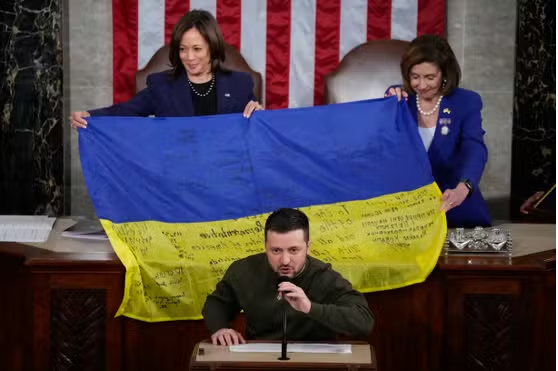
Reports indicate that President Trump is secretly considering a major change in federal drug policy—possibly reclassifying marijuana from its current Schedule I status to a more lenient category. This proposal was allegedly talked about at an expensive fundraiser at his New Jersey golf club, where leaders from the cannabis industry, such as Trulieve CEO Kim Rivers, advocated for the modification to reduce regulatory challenges and enhance medical research.
By reclassifying cannabis to a less restrictive status—potentially Schedule III—Trump wouldn’t outright legalize recreational consumption, but he would improve access to treatments and lessen criminal consequences. This would also create significant financial advantages for multibillion-dollar cannabis companies that have supported his political ambitions with considerable contributions.

Despite his individual concerns—stemming from family encounters with addiction and his aversion to the smell of marijuana—Trump seems to regard reclassification as a “80-20 cultural matter,” where substantial public support warrants a shift in policy. Surveys show that both Republicans and independents support reform, highlighting his readiness to explore it.
Pressure within the industry is increasing. Cannabis supporters have historically condemned the Drug Enforcement Administration (DEA) for its rigid position. A group of businesses claims the agency holds hearings that ignore pro-reclassification viewpoints, despite the Biden and Trump administrations indicating support for relaxing restrictions

Nevertheless, the road ahead is challenging. A formal change in policy would involve navigating intricate legal frameworks—changing the scheduling of marijuana under the Controlled Substances Act is a complex and uncommon procedure. It also raises worries regarding public health and enforcement, eliciting opposition from conservative factions cautious about further relaxing cannabis regulations.
While Trump considers this extraordinary action, policymakers, businesses, and public health advocates are observing attentively. If taken further, the recalibration might represent one of the most significant changes in U.S. drug policy in years—balancing political advantage, industry needs, and social consequences


